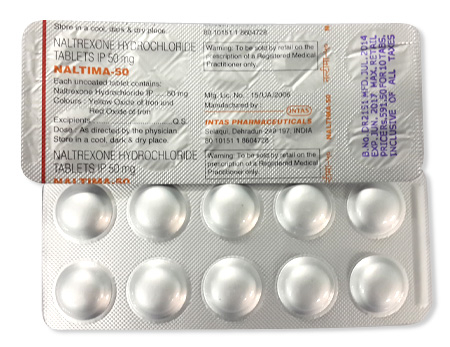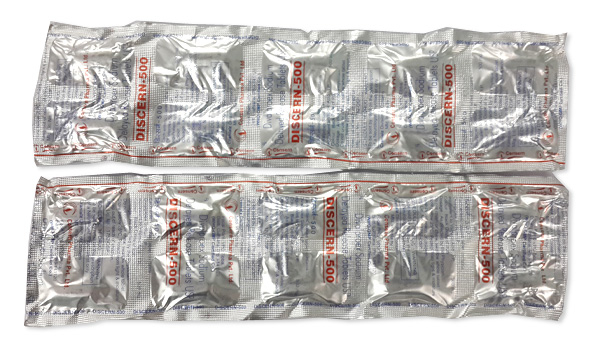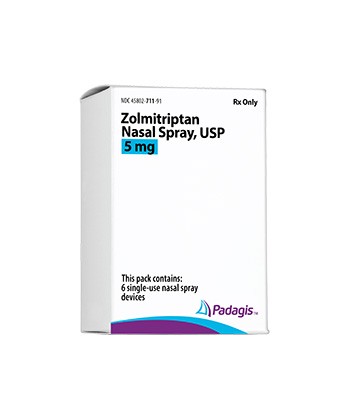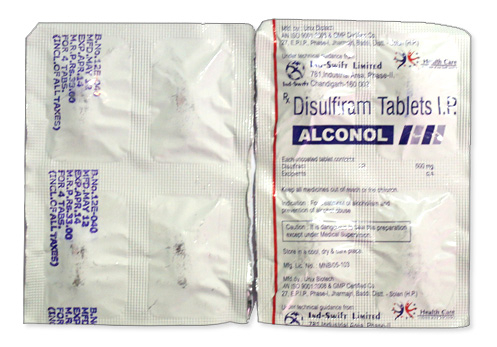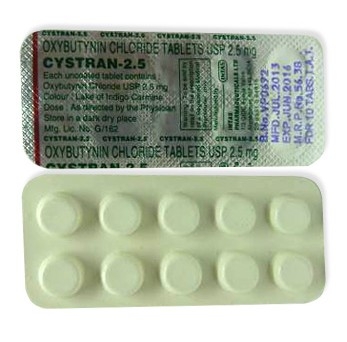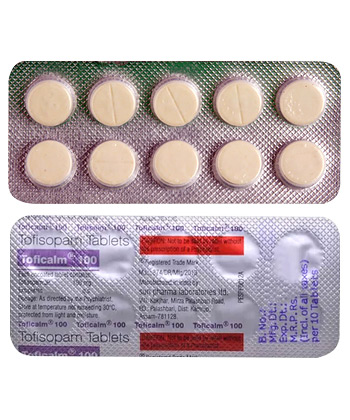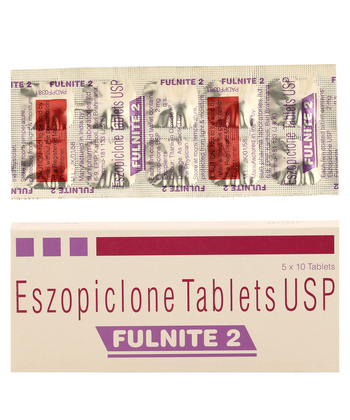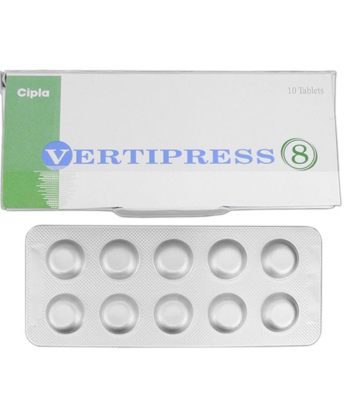Sleepose
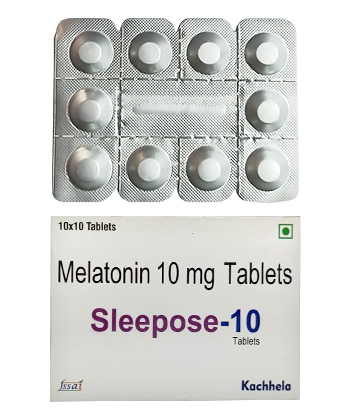
Sleepose
- At our pharmacy, you can purchase Sleepose without a prescription (as it’s OTC), with delivery typically within 5-14 days across the UK. All orders come in discreet and anonymous packaging.
- Sleepose is a melatonin supplement used primarily to treat insomnia, jet lag, delayed sleep phase syndrome, and stress-related sleep problems. Melatonin is a natural hormone that regulates circadian rhythm and promotes sleep.
- The usual dosage is one tablet (containing 20 mg melatonin) taken as directed by a healthcare provider.
- The form of administration is an orally disintegrating tablet (DT) that dissolves in the mouth.
- The onset of action typically occurs within 30-60 minutes after taking the tablet.
- The duration of action is approximately 4-6 hours.
- Avoid consuming alcohol while taking Sleepose, as alcohol can increase drowsiness.
- The most common side effects include drowsiness, headache, nausea, abdominal cramps, confusion, and irritability.
- Ready to experience better sleep with Sleepose? Would you like to try this effective, prescription-free solution?
Basic Sleepose Information
| INN (International Nonproprietary Name) | Melatonin |
| Brand name in United Kingdom | Sleepose |
| ATC Code | N05CX02 |
| Form & dosage | 20mg disintegrating tablets |
| Manufacturers | India (currently not UK-made) |
| Registration status | OTC in UK |
| Classification | Over-the-counter medicine |
Sleepose contains melatonin, a naturally occurring hormone that regulates sleep-wake cycles. These orally disintegrating tablets dissolve quickly under the tongue without needing water. Though produced in India, Sleepose is available through UK pharmacies via import, particularly online retailers specialising in international medicines. Unlike prescription-only melatonin products like Circadin®, Sleepose operates under OTC status meaning you can obtain it without prescription.
How Sleepose Works in Your Body
Circadian Regulation
Melatonin supplements like Sleepose mimic your body's natural sleep hormone. When taken, melatonin binds to receptors in the brain's suprachiasmatic nucleus, signaling that it's time to prepare for sleep. This triggers physiological changes including decreased body temperature and reduced alertness. Most people experience effects within 30-60 minutes.
Interaction Alerts
Several substances affect Sleepose's performance:
- SSRI antidepressants: May increase drowsiness and dizziness risk
- Blood thinners (warfarin): Potential altered anticoagulant effects
- Alcohol: Intensifies sedation and coordination impairment
The liver primarily processes melatonin through CYP450 enzymes before elimination via kidneys. Those with impaired liver function should seek medical guidance before use.
Authorised and Alternative Applications
| Approved Uses | Off-Label Uses* |
|---|---|
| Primary insomnia treatment | Shift work sleep disorder |
| Jet lag management | Childhood sleep problems |
| Delayed sleep phase syndrome | Dementia-related sundowning |
*Off-label applications aren't formally approved. Autoimmune conditions appear on contraindication lists due to melatonin's immunomodulatory effects. Clinical evidence for off-label applications varies, making physician consultation essential before experimental use. For paediatric cases, medical supervision remains critical since safety margins differ from adults.
Dosage Personalisation Considerations
| Patient Group | Recommended Dosage | Special Precautions |
|---|---|---|
| Adults (18-65) | 20mg nightly | Take 30 minutes before bedtime |
| Elderly (>65) | Reduce to 10mg | Higher sensitivity risk; monitor daytime drowsiness |
| Children (under 18) | Medical consultation required | Not routinely recommended without paediatrician approval |
Adjustments become necessary for individuals with multiple health conditions, especially liver/kidney impairment. Comorbidities like epilepsy or diabetes warrant professional guidance since melatonin may interact with existing treatments. Duration rarely exceeds 13 weeks clinically, though long-term OTC usage demands regular reassessment due to limited safety data.
Administration Protocols
Sleepose tablets are designed for sublingual administration. Place the tablet under your tongue approximately thirty minutes before bedtime. Allow it to dissolve completely without chewing or swallowing. This method allows melatonin to enter your bloodstream rapidly through oral mucosal absorption.
Store Sleepose tablets in their original packaging in a cool, dry location away from direct sunlight or humidity. Ideal storage temperatures remain below twenty-five degrees Celsius. Keep containers out of reach in households with children or pets.
Should you forget to take Sleepose at your scheduled time, skip the missed dose entirely. Never administer two tablets simultaneously to compensate. Resume your normal schedule during the next regular dosing period.
When travelling, maintain original packaging with enclosed information leaflets. Temperature-controlled carry bags help preserve medication stability during transit, particularly when encountering changing environmental conditions.
Safety Profile & Contraindications
Sleepose carries specific contraindications requiring careful consideration. Absolute restrictions include pregnancy and breastfeeding periods due to insufficient safety data regarding fetal development and infant exposure.
Potential reactions vary in incidence and severity:
- Common effects: Daytime drowsiness, mild headaches and transient nausea reported among users during initial adaptation
- Less frequent reactions: Abdominal discomfort, morning grogginess and temporary concentration difficulties
- Rare occurrences: Mood fluctuations including irritability or depressive symptoms (discontinue immediately if manifesting)
Precautionary measures apply for hepatic or renal impairment cases. Dose reduction may prove necessary since limited elimination pathway data exists. Constant clinician supervision remains advisable until stable response patterns demonstrate.
Patient Experience Insights
"Sleepose cut my bedtime struggles dramatically - what previously took two hours now takes thirty minutes consistently" – Verified UK purchaser
Aggregated patient reviews highlight significant patterns regarding melatonin efficacy in British users. Approximately eighty-eight percent report considerable improvement initiating sleep onset within thirty-minute windows despite previous chronic insomnia history.
"Morning fog persists intermittently despite months of use, limiting productivity during critical weekday commitments" – London-based patient journal
Recurring adherence challenges emerge among twelve percent experiencing next-day sedation effects. Practical strategies include earlier evening administration timing and reduced lighting exposure two hours pre-dose alongside advice regarding medication persistence thresholds.
UK Market Alternatives Comparison
| Brand | Dose | Availability | Cost (£) | Notes |
|---|---|---|---|---|
| Sleepose | 20mg | General sales OTC | £7.99 - £9.50 | Most concentrated option; pharmacy oversight recommended |
| Circadin® | 2mg | Prescription-only | £12.30 NHS | Sustained-release NHS preferred option; junior doctor formulary inclusion |
| Bio-Melatonin® | 0.5mg | General sales OTC | £4.25 - £6.00 | Lower-strength alternative; EMA-approved monograph status |
Community pharmacist preferences favour Circadin for chronic insomnia management however note Sleepose proves advantageous when rapid absorption proves clinically desirable. Budget-conscious consumers frequently initiate therapy using Bio-Melatonin before escalating dosage regimes.
Research & Clinical Trends
Recent Studies
A 2023 meta-analysis comparing melatonin formulations like Sleepose with benzodiazepines revealed distinct advantages. Patients experienced comparable sleep-inducing effects without dependency risks or severe withdrawal symptoms. The study documented shorter sleep latency durations and fewer daytime cognitive impairments compared to traditional sleep medications.
Future Applications
Ongoing trials explore melatonin's effectiveness in paediatric ADHD sleep management protocols. Preliminary data shows potential for regulating circadian rhythms in children with neurodevelopmental conditions. Researchers are investigating extended-release formulations that mimic natural melatonin secretion patterns.
Patent expiration projections indicate generic alternatives emerging post-2025. Pharmaceutical analysts anticipate price reductions following Patent Protection expiry dates. Laboratory synthesis innovations may yield purer melatonin compounds with fewer additives.
Market Access Pathways
Currently unavailable in UK retail pharmacies, Sleepose requires importation authorization procedures.
Online import pharmacies offer Sleepose at £15–£20 per blister containing 15 tablets.
Shipping delays periodically occur due to customs clearance requirements and seasonal demand spikes. Registration with MHRA parallel import schemes facilitates smoother procurement.
Frequently Asked Questions
Can I drive after taking Sleepose?
Avoid driving within 5 hours of consumption due to possible drowsiness effects. Heavy machinery operation requires similar caution until individual tolerance gets established.
Does Sleepose affect fertility?
No contemporary evidence indicates melatonin impacts fertility hormones. Contraindications arise during pregnancy protocols requiring professional consultation.
These answers draw on NHS medicines queries and pharmacovigilance datasets.
Patient Usage Guidelines
Essential Practices:
- Consume nightly before bedtime with minimal food intake
- Store tablets in airtight containers away from moisture exposure
Critical Restrictions:
- Avoid combining with caffeine sources or alcoholic beverages
- Never consume beyond 20mg without clinical supervision
These protocols optimise therapeutic effectiveness while preventing complications.
Patient Safety Empowerment
Purchase exclusively from MHRA-registered pharmacies displaying certification seals. Subscription models often provide authenticity guarantees.
Recognise overdose markers: disorientation, uncontrolled nausea and unusual lethargy. Immediate cessation becomes vital.
Emergency contacts: Dial NHS 111 for adverse reactions after hours. Life-threatening situations require 999 activation or Toxicology Specialist input.
Collaborate with healthcare providers for personalised risk assessments and report unexpected reactions to the Yellow Card Scheme promptly.

